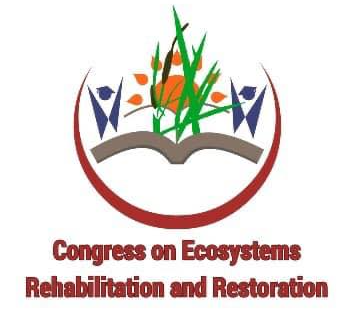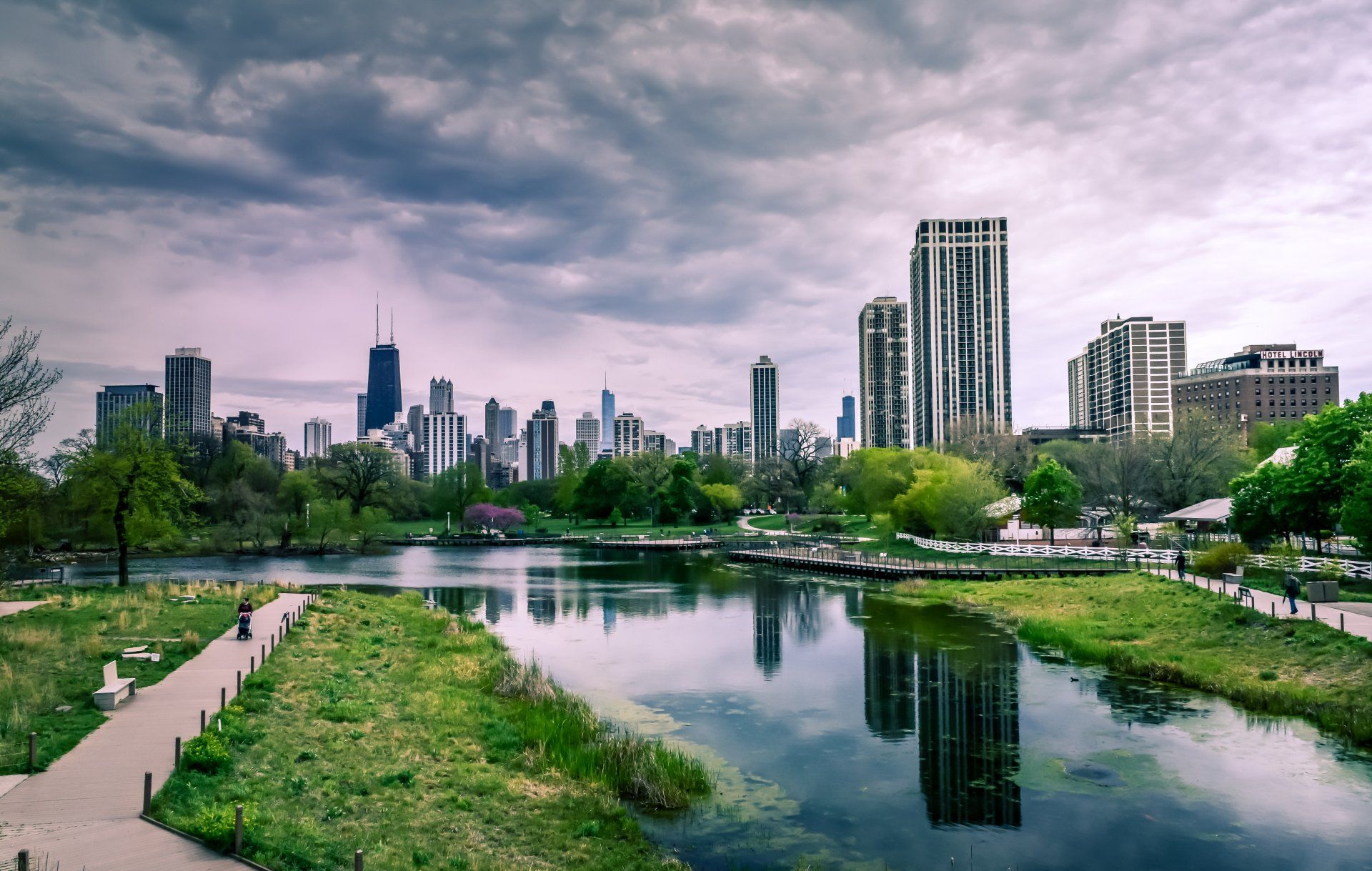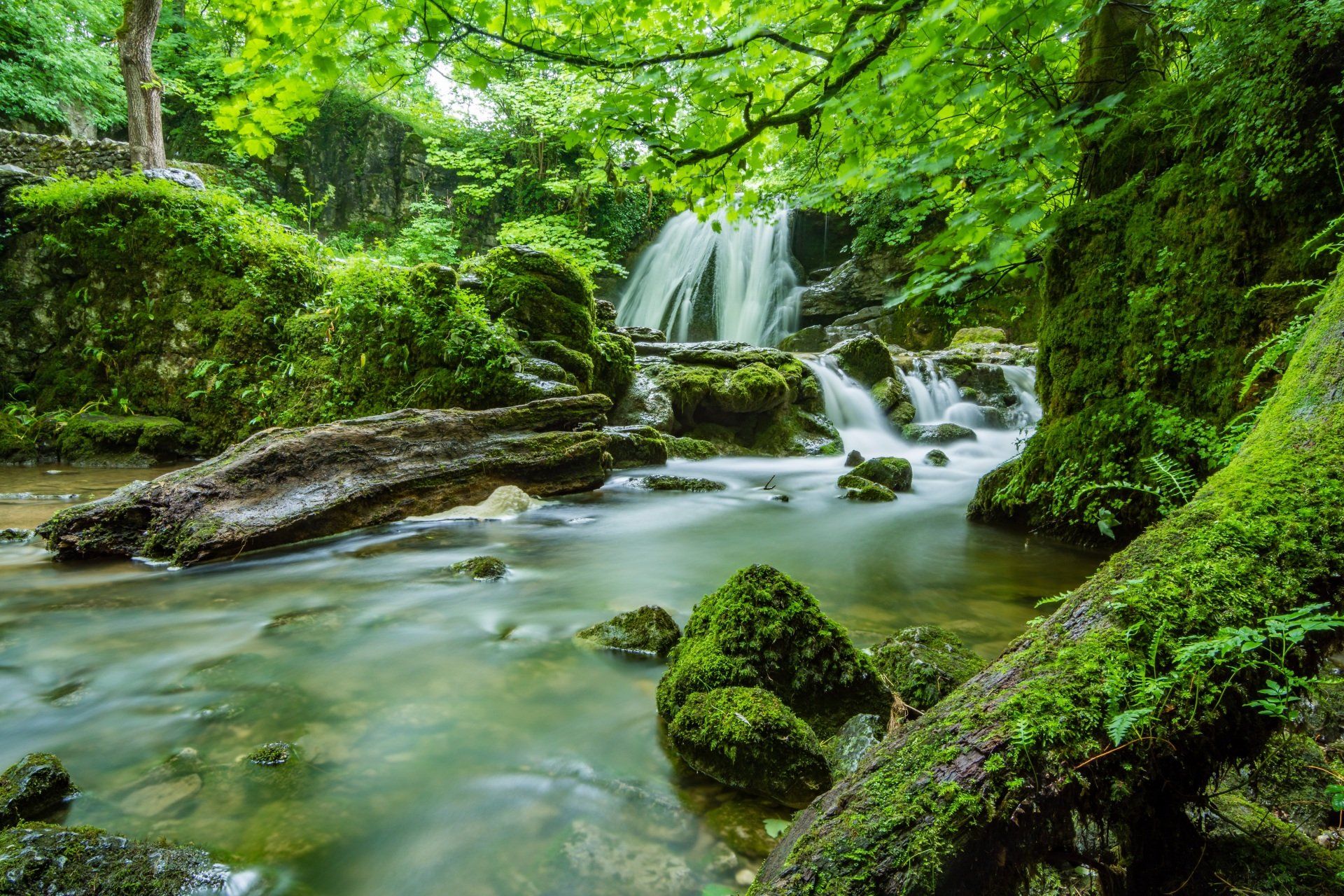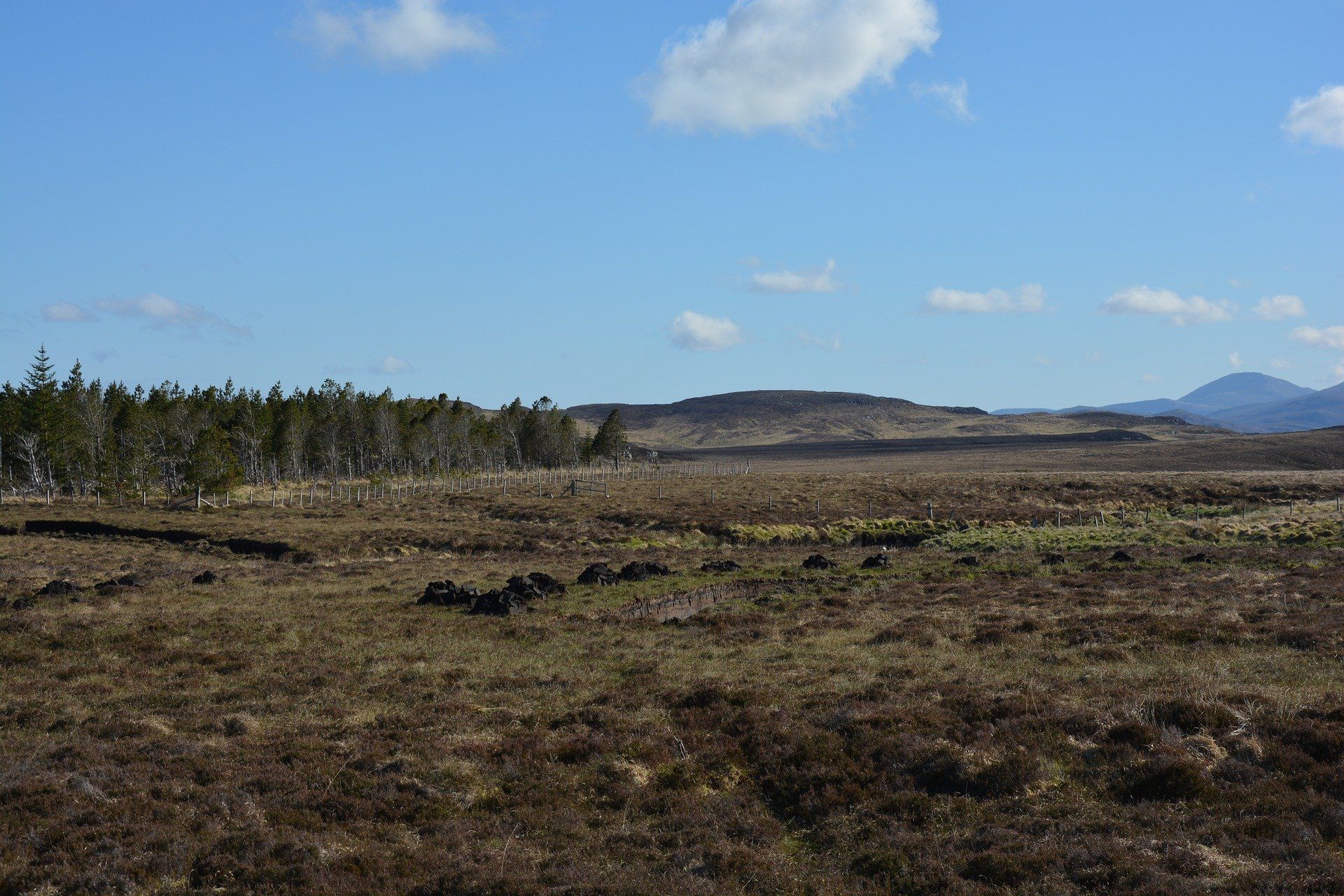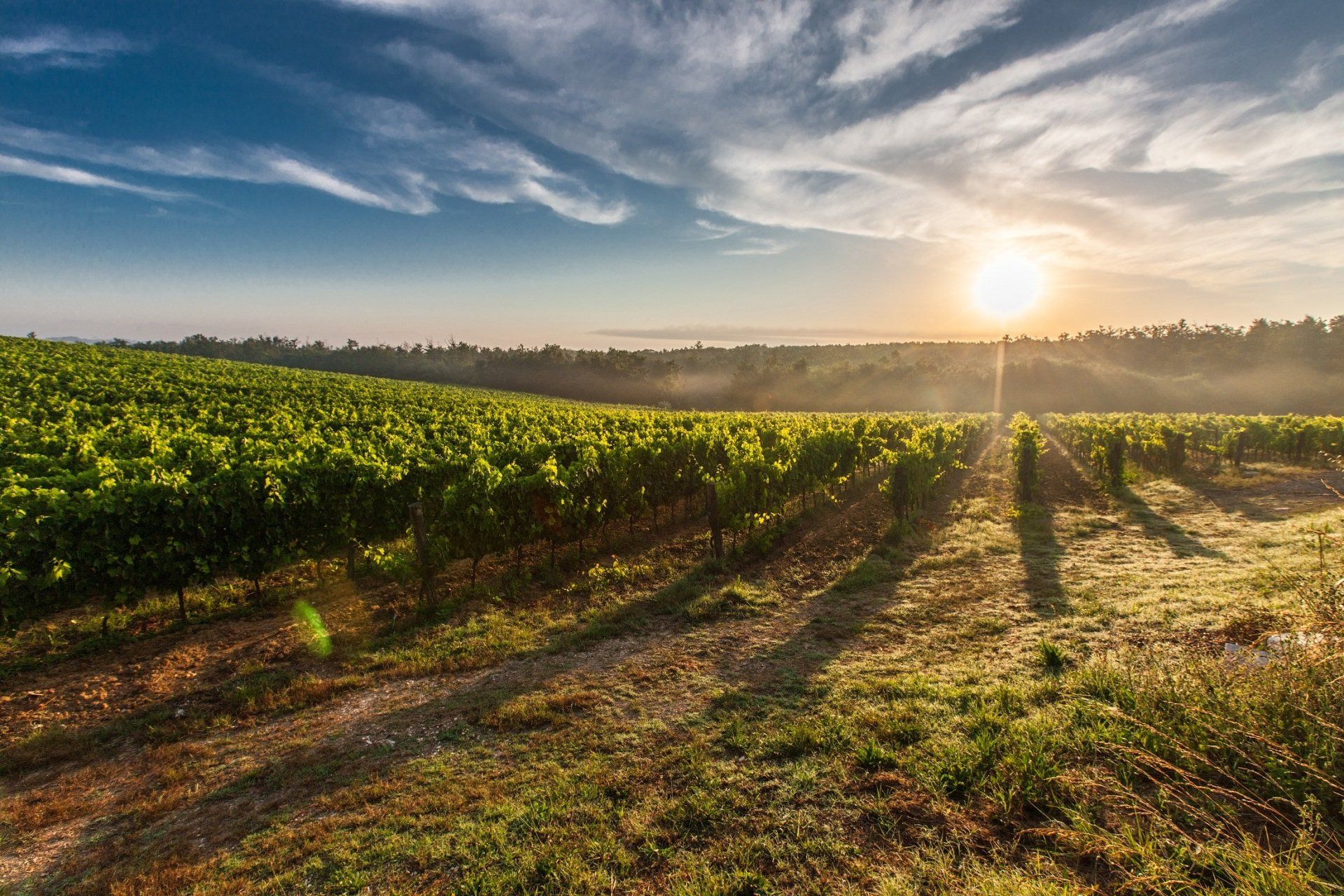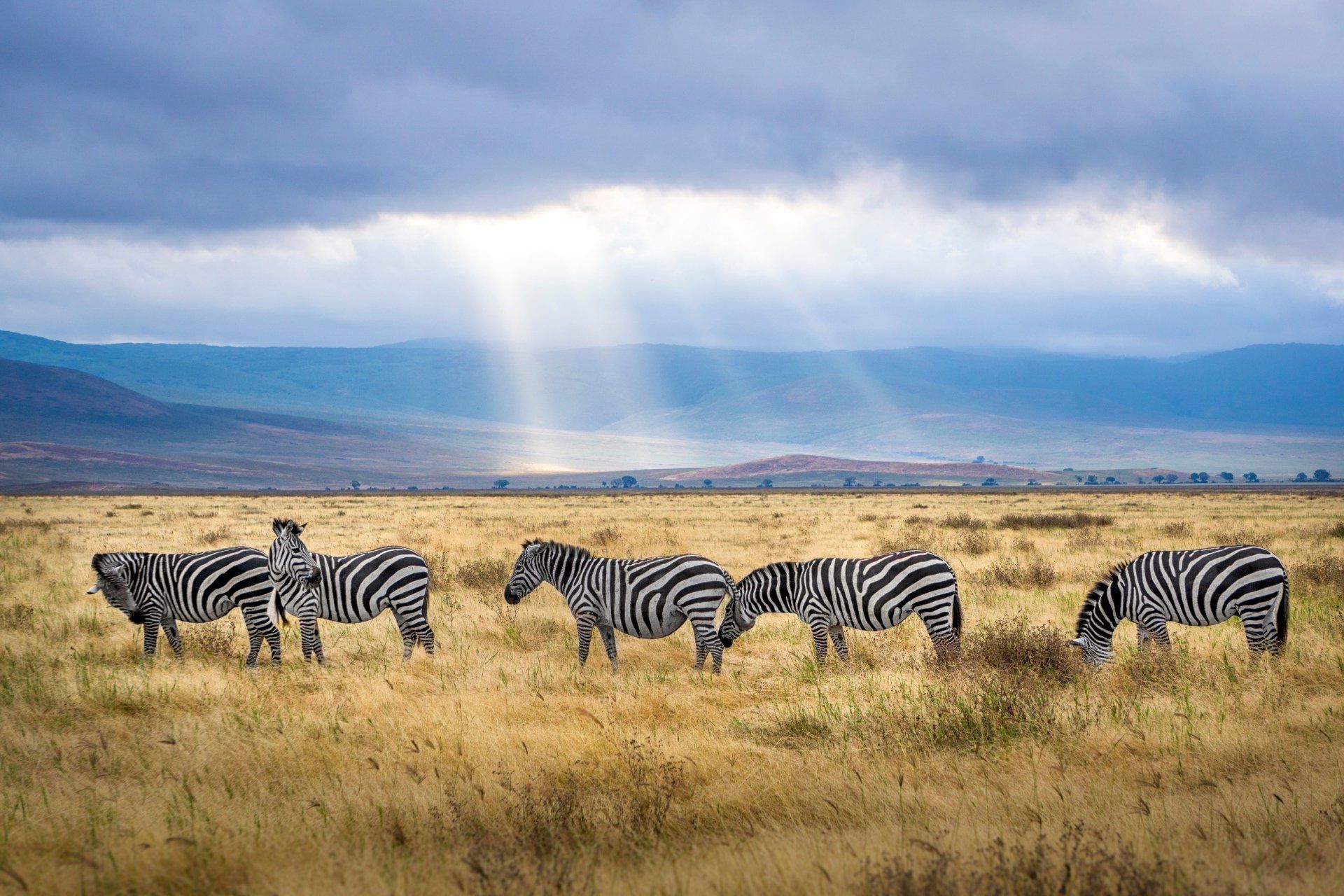The Birth (where we it all started) of ICERR
Ecosystems Rehabilitation and Restoration (ERR) Community Engagement Organization is an organization that pursues the rehabilitation of degraded ecosystems, especially wetlands since they possess a great value yet are not well recognized, mainly in townships. The first project was conducted in Amandawe, at Mdoni Municipality, South Africa. The junior Nature Conservation students from Mangosuthu University of Technology were tasked to rehabilitate a degraded wetland as requested by the community. After the first intervention, the communities were please to have the water back for their community garden. Unfortunately, there was no undergraduate student funding to support their conference attendance. This is when the Congress on Ecosystems Rehabilitation (CERR) was born in 2018, with over 80 attendees from various institutions and industry. The Congress has grown ever since and has become an International Congress on Ecosystems Rehabilitation and Restoration (ICERR).
The ICERR provides a platform to researchers, students, industry experts, and society/ community members to deliberate on pressing restoration issues in townships, semi-urban areas, and informal settlements that would yield and contribute to the conservation of urban spaces for the wellbeing of communities. The ICERR extended the networking and was the foundation of many collaborations with different stakeholders.
Let our better and more promising future be restored
Ecosystems Rehabilitation and Restoration (ERR) is a community-based organization that was founded in 2017 by Ms. Sithembile Nkosi, the Lecturer in the Department of Nature Conservation at the Mangosuthu University of Technology. The current trends of unemployment and lack of skill for youth in the restoration ecology sector allowed for ERR to be responsive in contributing meaningfully to the sector. Moreover, ERR is proactive in that, the organization is student-led and community-based at the same time.
During the inception of the project, the Amandawe Community leader approached MUT to assist with the rehabilitation of a degraded wetland. Though the wetland is small, it is important because it is a tributary to the Amahlongwa River which is part of the National Freshwater Ecosystem Priority Areas (NFEPA) Rivers. The Amandawe Project has been a flagship project for the organization. The organization was able to address various community problems which included the removal of alien plants that were starting to form a forest. Issues such as community safety were addressed through the removal of alien plants.
After the first intervention, water started resurfacing, and the community members were thrilled because they were able to water their gardens once more. The work done for the Amandawe Project has allowed for more areas to be targeted which include the wetland at the Mangosuthu University of Technology. Successfully, we have conducted three interventions that normally take place one week after the university exams have been completed.
In 2019, the Organization received an opportunity to partner with Wildlands Conservation Trust in the upliftment of youth skills, and provision of employment. The organization employed 10 youth members of Umlazi. The Wildlands Project was funded by the Natural Resource Management (NRM) program under the Rapid Response project where we were controlling invasive alien plants, primarily, Parthenium hysterophorus at Umlazi.
The breakout of COVID-19 in 2020 introduced various challenges. The lockdown levels meant that we were unable to conduct active rehabilitation work. Therefore, the invasive alien plants started increasing again in the wetlands. Though the lockdown regulations prevented us from meeting and working with communities; awareness campaigns continued online through TikTok, Facebook, Instagram, and WhattsApp. Moreover, the MUT staff and student communication system were also used.
In 2021, the Organization adopted a blended approach for awareness campaigns based on the environmental calendar.
The project aims to rehabilitate degraded ecosystems in various areas, prioritizing townships that were previously marginalized in conservation activities. We aspire to address various socio-economic issues through collaborative work with communities and citizen science.
The ERR works with students from the Department of Nature Conservation. Students are provided with various training, including invasive alien plant identification and control, snake handling, project management, etc. They are also allowed to carry out activities with minimal and/or no supervision, this enables them to be independent and improves their leadership skills.
ICERR Advisory Board:
Miss S Nkosi (Founder & Chairperson)
Mr. Y Chetty (Industry member)
Mr. A Magadagela (Alumni & Industry member)
Prof. Aaron Tshidzumba (Academic member)
Mr. B Mutanga (Academic member)
Dr. N Devashan (Academic member)
Dr. M Nsikani (Industry member)
Mr. M Dopolo (Industry member)
Mr. M Kuse (Academic member)
Dr. S Xulu (Academic member)
Miss S Mvelase (Student)
Miss UH Williams (Student)
Miss W Dludla (Student)
Miss S Ngongoma (Student)
THE GLOBAL GAINS OF RESTORATION
Restoring ecosystems of different kinds and on different scales all around the world will bring massive benefits for people and nature. It is key to achieving the Sustainable Development Goals by 2030, including the ending of poverty and hunger. Read more about the benefits of restoration in the flagship report: Becoming #GenerationRestoration.
CLIMATE MITIGATION
Restoring forests, peatlands and mangroves, along with other natural solutions, can provide over one-third of the greenhouse gas mitigation needed by 2030.
CLIMATE ADAPTATION
Nature’s power can help us adapt to climate change. Restoring coastal wetlands on the Gulf Coast of the United States of America could avoid $18 billion in storm damage by 2030.
ECONOMY
Halting the decline of ecosystem services could prevent losses of $10 trillion in global income by 2050.
FOOD SECURITY
Restoration through planting trees on farmland could increase food security for 1.3 billion people.
WATER SUPPLIES
Forest restoration and better farm practices could cut the pollution of water supplies for 81 per cent of cities globally.
HEALTH
Adding urban trees can cut risks from pollution and heat while boosting mental and physical well-being for billions of people.
BIODIVERSITY
Restoring 15 per cent of converted lands in priority areas could avoid 60 per cent of expected species extinctions.
Quick Links
Contact us
International Congress on Ecosystems Rehabilitation and Restoration (ICERR)
Department of Nature Conservation, Faculty of Natural Sciences
Mangosuthu University of Technology
511 Griffiths Mxenge Highway, Umlazi, 4031
Email: ecosystems@mut.ac.za
Tel: +2731 819 7670
All Rights Reserved | Congress on Ecosystems Rehabilitation and Restoration | Privacy Policy
